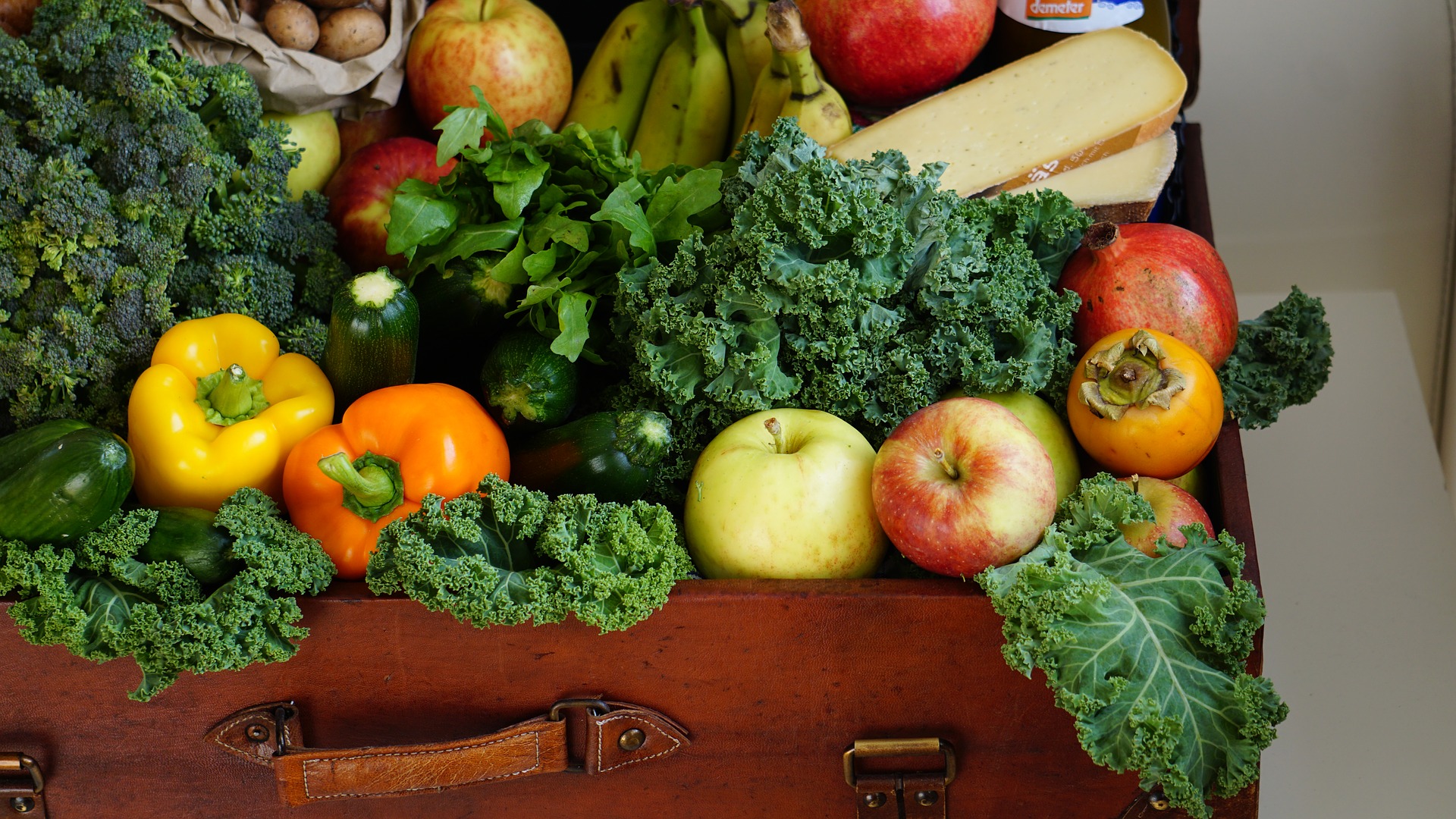
March is National Nutrition Month® created by the Academy of Nutrition & Dietetics to increase awareness of nutritious food and healthy lifestyle choices.
March is also one of the most promising times of the year. Along with warmer weather, spring welcomes many new food opportunities as plants begin to grow again at local farms and in home gardens. Here are some ideas to enjoy the fresh foods spring has to offer.
Choose seasonal foods. Biting into a fresh, ripe piece of fruit or vegetable can be delicious. Eating foods that are in season provides more benefits than just great taste. Seasonal foods provide better nutrition as well. Over time foods lose their nutritional value if not eaten soon after harvest of if not correctly preserved or frozen. Seasonal foods can also be budget friendly. Produce that is in-season is often more affordable because it’s more widely available.
Use the Seasonal Food Guide to discover the foods that are in season in your geographical area.
Shop for foods grown close to home. Explore your local farmers markets and produce stands. All local food is seasonal. Food grown in your geographical area is usually sold at peak freshness because it doesn’t have to travel across the country or world and spend days on trucks, ships or trains. Local foods also need fewer preservatives since they will be sold quickly after harvest instead of being shipped long distances.
Shopping locally helps the environment by decreasing “food miles.” Food miles refers to the distance food travels to your grocery store. Decreasing the number of food miles also decreases the amount of fuel burned during transportation and, therefore, contributes less to pollution.
By shopping locally, you also support the local economy and farm families in your community. It’s a wonderful to know where your food is grown and to meet the folks that were its caretakers.
View the United States Department of Agriculture’s Nation Farmers Market Directory to find farmers markets in your area.
Grow your own garden. Can food be more local than growing produce in your own backyard? If you want to grow your own vegetables, fruits or herbs, start planning your garden now. If you don’t have the backyard space for a garden, you can use planters to grow some items like tomatoes on your stoop, porch, or balcony. You can also grow herbs in small pots near a window in your kitchen. Click here for more gardening tips.
Eat more vegetable, fruits and whole grains in place of highly processed foods. Spring is the perfect time for plant-based eating. Commit to enjoying more fresh vegetables, fruits and grains. You will discover the full flavors of these whole foods without the additives, saturated fat, artificial sweeteners and extra calories found in highly processed foods. Keep seasonal foods in the front of the refrigerator or on the kitchen counter so you see them first before higher calorie, packaged snacks and desserts.
Here are some meal and snack ideas to try.
- Bran flakes with berries and low-fat milk
- Waffles made with whole-grain oat flour and nuts topped with sliced peaches
- Whole-grain English muffin “pizzas” with tomato sauce, sliced vegetables, pineapple chunks, and freshly shredded mozzarella cheese
- Whole-grain wrap with fresh greens, chopped tomatoes, shredded carrots, onion, sliced avocado, and a lean protein (e.g., nitrate-free turkey slices, tuna, tofu, hummus or black bean spread)
- Vegetable stir-fry with colorful peppers, mushrooms, squash and garlic with a side of quinoa and grilled chicken, if desired
- Fruit kabobs with berries, melon, banana chucks and grapes served with a side of low-fat vanilla yogurt
Take advantage of all that spring has to offer in your food choices. Plan your vegetable and herb garden, visit your local farmers markets, and collect new recipes that feature seasonal foods full of powerful, immune-boosting nutrients.
